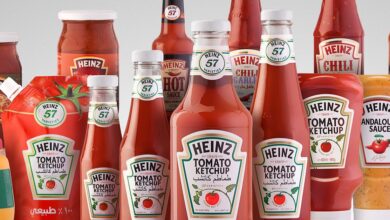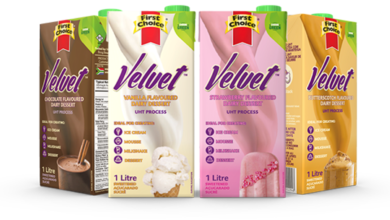Budweiser: Brewing Success Through Authenticity and Innovation
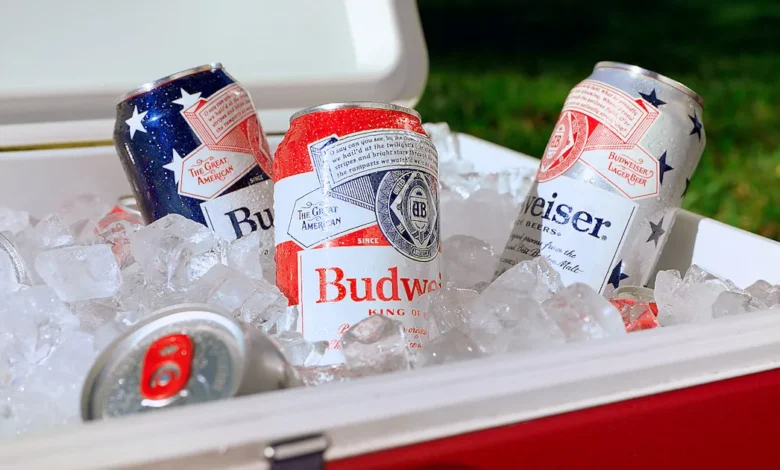
Budweiser: Brewing Success Through Authenticity and Innovation. Budweiser’s journey from its inception in 1876 to becoming a global icon is a testament to strategic vision, authentic branding, and adaptive marketing. Founded by Adolphus Busch in St. Louis, Missouri, Budweiser set out to offer a consistent, high-quality lager that would appeal to a broad audience. This commitment to quality and consistency laid the foundation for its enduring success.
Establishing a Strong Brand Identity
Central to Budweiser’s longevity is its unwavering brand identity, deeply rooted in American values and traditions. The brand’s consistent use of red, white, and blue in its logo reinforces its patriotic image, fostering a deep connection with consumers. This strategic alignment with national pride has been instrumental in building trust and loyalty among beer enthusiasts.
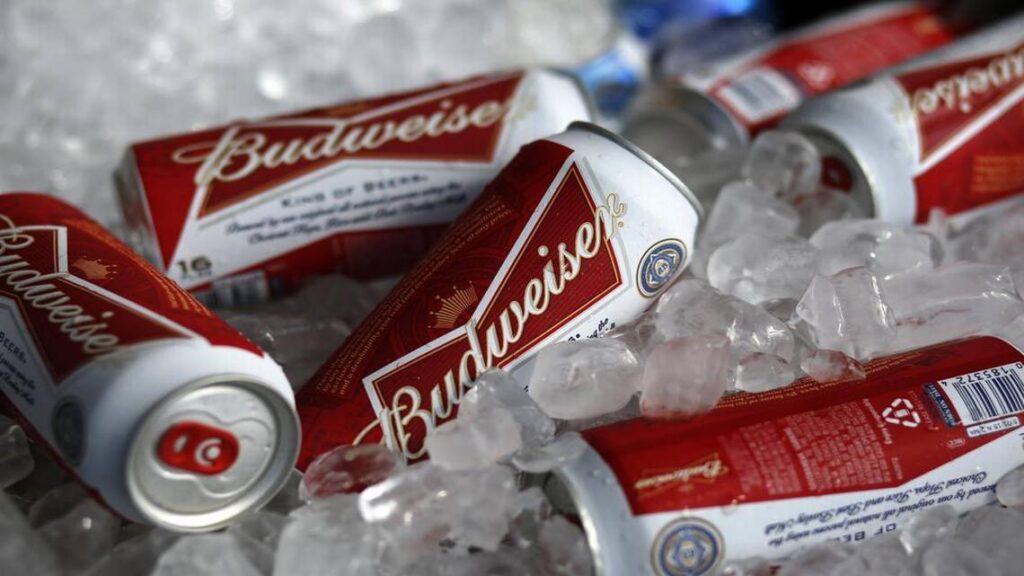
Innovative Marketing Campaigns
Budweiser has a storied history of memorable marketing campaigns that resonate with audiences:
- “Whassup?” Campaign (1999): This campaign featured friends greeting each other with the phrase “Whassup?” capturing the essence of camaraderie and becoming a cultural phenomenon. The simplicity and relatability of the ad contributed to a significant boost in brand recognition and sales.
- Clydesdale Commercials: Introduced in 1933 to celebrate the repeal of Prohibition, the Budweiser Clydesdales have become synonymous with the brand. These majestic horses have been featured in numerous Super Bowl ads, symbolizing tradition and quality. In 2025, Budweiser’s Super Bowl commercial titled “First Delivery” showcased a Clydesdale foal’s determination, emphasizing themes of perseverance and legacy.
- “Puppy Love” Super Bowl Ad (2014): This heartwarming ad depicted the friendship between a Labrador puppy and a Clydesdale horse, highlighting themes of loyalty and companionship. The emotional appeal resonated with viewers, further solidifying Budweiser’s brand image.
Navigating Challenges with Resilience
Despite its successes, Budweiser has faced challenges, particularly in maintaining its market position amid evolving consumer preferences and controversies. In 2023, the brand experienced a significant backlash following a marketing partnership with transgender activist Dylan Mulvaney, leading to calls for boycotts and a decline in sales. This incident underscored the importance of aligning marketing strategies with the brand’s core values and audience expectations.
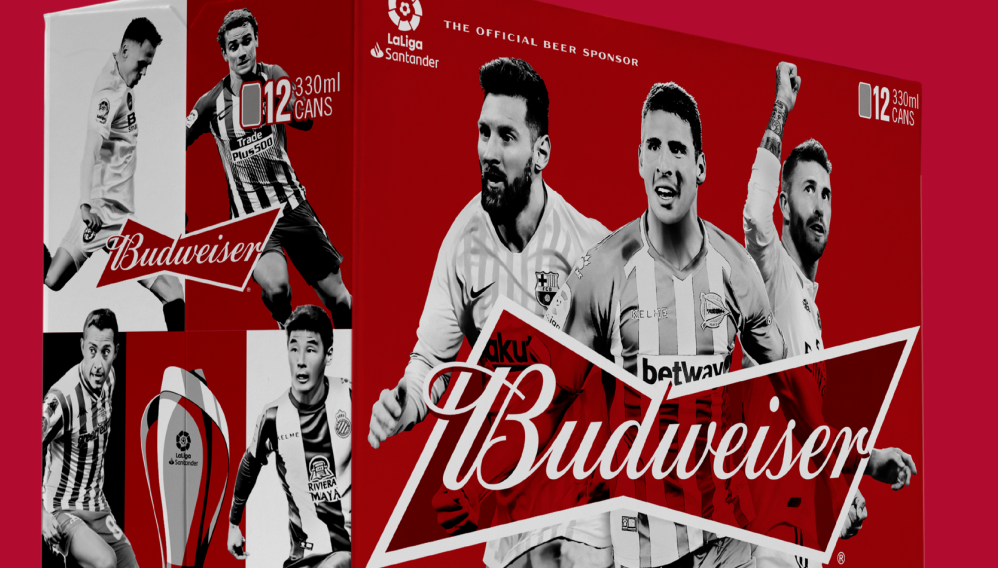
Adapting to Market Dynamics
In response to shifting consumer behaviors and market conditions, Budweiser’s parent company, Anheuser-Busch InBev, has focused on premiumization strategies. By emphasizing higher-end products like Michelob Ultra, the company has managed to offset declines in other segments. This approach has led to increased revenue despite a decrease in overall sales volume, demonstrating the effectiveness of adapting product offerings to meet changing consumer preferences.
Lessons for Aspiring Entrepreneurs
- Consistent Brand Identity: Maintaining a clear and consistent brand image fosters trust and loyalty among consumers.
- Emotional Connection: Crafting marketing campaigns that resonate on a personal level can transform a product into a beloved brand.
- Adaptability: Being responsive to market trends and consumer preferences is crucial for sustained success.
- Resilience in Crisis: Effectively managing controversies and aligning strategies with core values can help navigate challenges.
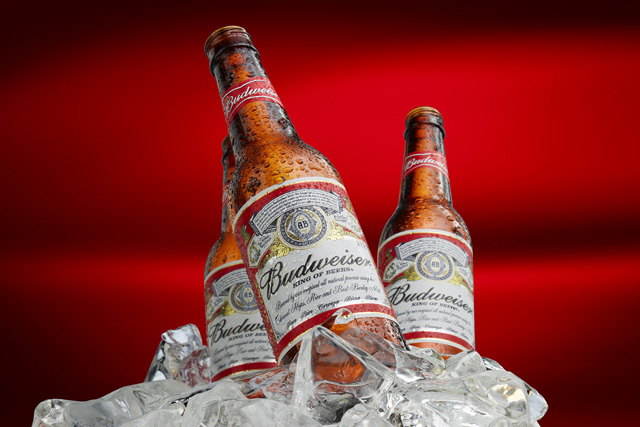
Budweiser’s evolution reflects a blend of tradition and innovation, offering valuable insights for entrepreneurs aiming to build enduring brands. By staying true to their core identity while embracing change, businesses can cultivate lasting connections with their audiences.

